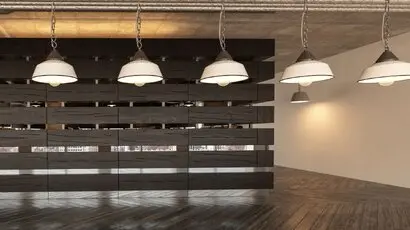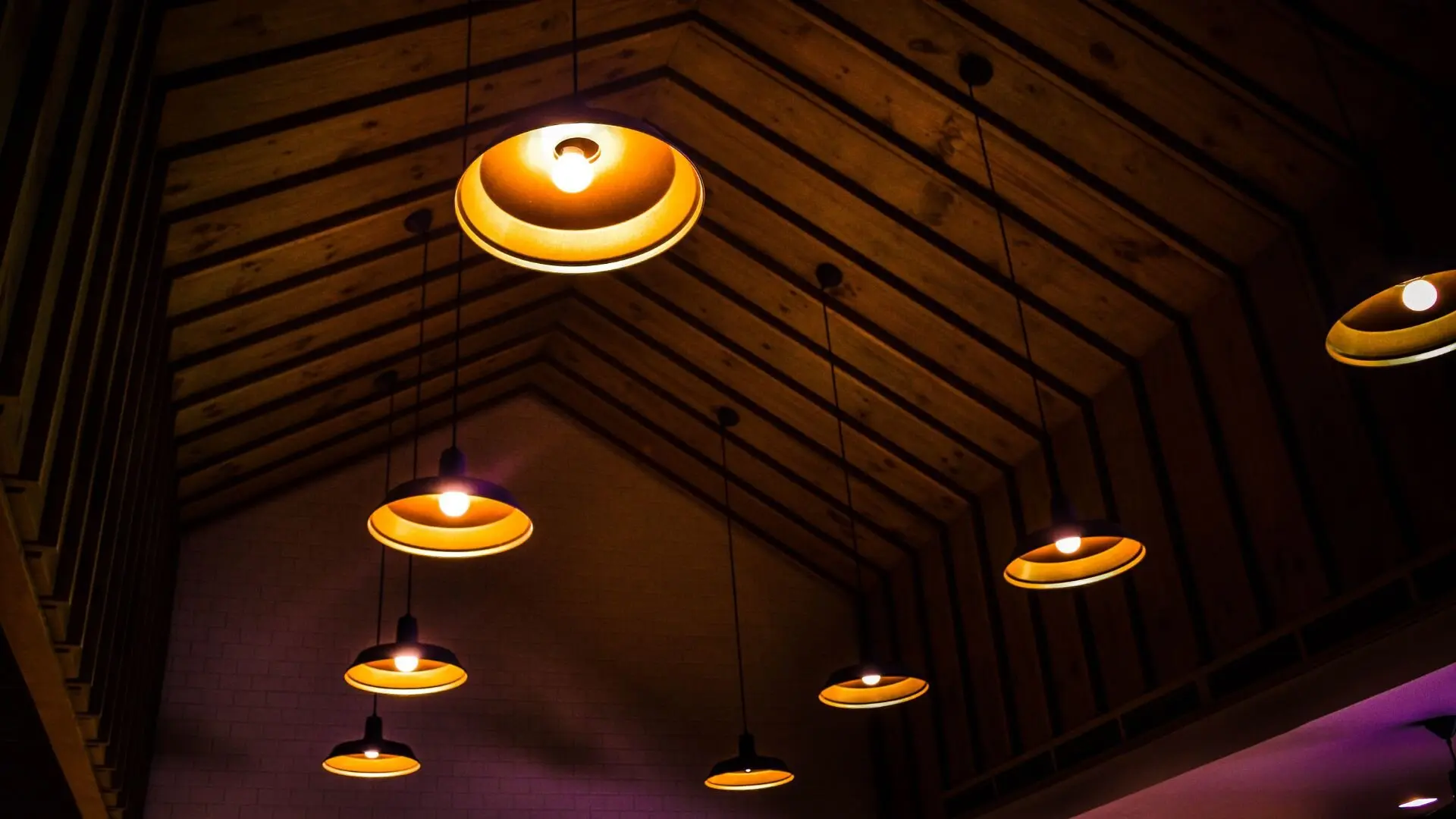
Get your free Melbourne Electrician quote today!
Our team of Melbourne Electricians is here to help you with any questions or concerns you may have. We’re committed to providing you with the best possible service and support.
Whether you’re looking to improve productivity, create an inviting environment, or increase energy efficiency, this guide covers the best lighting solutions for various types of businesses. Learn how to choose the right fixtures, layouts, and technologies to transform your workspace and create a more dynamic, efficient environment.
According toenergy.gov.au, lighting in commercial spaces can account for up to 40% of energy usage. This significant portion highlights why efficient lighting is vital for managing costs and reducing environmental impact. Beyond saving energy, quality lighting boosts productivity and helps create an inviting atmosphere for customers.
In this blog, we explore how optimised lighting can transform your business. We?ll discuss how the right lighting solutions can enhance employee productivity by reducing eye strain and improving focus. We?ll also cover energy-efficient technologies that can significantly reduce costs and support sustainability goals. Finally, we?ll examine how lighting impacts customer experience, influencing purchasing decisions and brand perception.
The Importance of Lighting in Commercial Spaces
Lighting has a crucial impact in commercial spaces, influencing everything from employee performance to customer perception.
Choosing the right lighting can genuinely transform a business environment by enhancing both efficiency and aesthetic charm.

The increasing integration of the Internet of Things (IoT) in lighting is changing the game for control and efficiency. IoT-enabled systems let you manage and automate lighting remotely, adjusting according to room occupancy and natural light. This not only boosts energy efficiency but also provides insights to fine-tune your lighting strategies.
In terms of aesthetics, modern lighting design in commercial spaces is embracing minimalistic and sleek fixtures that complement contemporary interiors. There is also a focus on customisable and dynamic lighting solutions that can adapt to different moods and functions, adding both functionality and visual appeal.
Implementing Smart Lighting Systems
Smart lighting systems offer significant advantages for commercial spaces, including remote access and control. These systems allow users to adjust lighting settings from anywhere, using a smartphone or computer. This flexibility ensures that lighting can be tailored to specific needs at any time, enhancing convenience and efficiency.
Better Energy Management
Smart lighting systems contribute to superior energy management by using sensors and automation to optimise light usage. For example, lights can automatically dim or turn off in unoccupied areas, reducing energy waste. Smart systems also allow for scheduling, ensuring that lights are only on when needed. This leads to substantial reductions in energy consumption and cost savings.
Applications in Commercial Settings
In office buildings, smart lighting can adjust brightness based on natural light availability, maintaining optimal working conditions while conserving energy.
Retail stores benefit from dynamic lighting that highlights products during peak hours and dims when the store is closed.
In warehouses, motion sensors ensure that lights are on only in active areas, improving safety and efficiency. These examples demonstrate how smart lighting can be effectively integrated into various commercial environments to enhance functionality and sustainability.
Brighten Your Business Future with WP Electrical
Investing in professional installation and maintenance for your commercial lighting is crucial for long-term efficiency and performance. WP Electrical offers expertise in creating sustainable and effective lighting solutions tailored to your business needs.
Our teamspecialises in the latest commercial lighting technologies, ensuring optimal light quality and energy efficiency. From design to installation and ongoing maintenance, WP Electrical provides comprehensive services that enhance your workspace and reduce operational costs.
Whether you?re looking to upgrade to smart lighting systems or need expert advice on energy-efficient options, our skilled professionals are here to help. We understand the unique requirements of different commercial spaces and offer customised solutions to meet your specific goals.
Contact WP Electrical today for a consultation and discover how we can illuminate your business?s future with innovative lighting solutions.
Published by: Pascal Harb17 October 2025